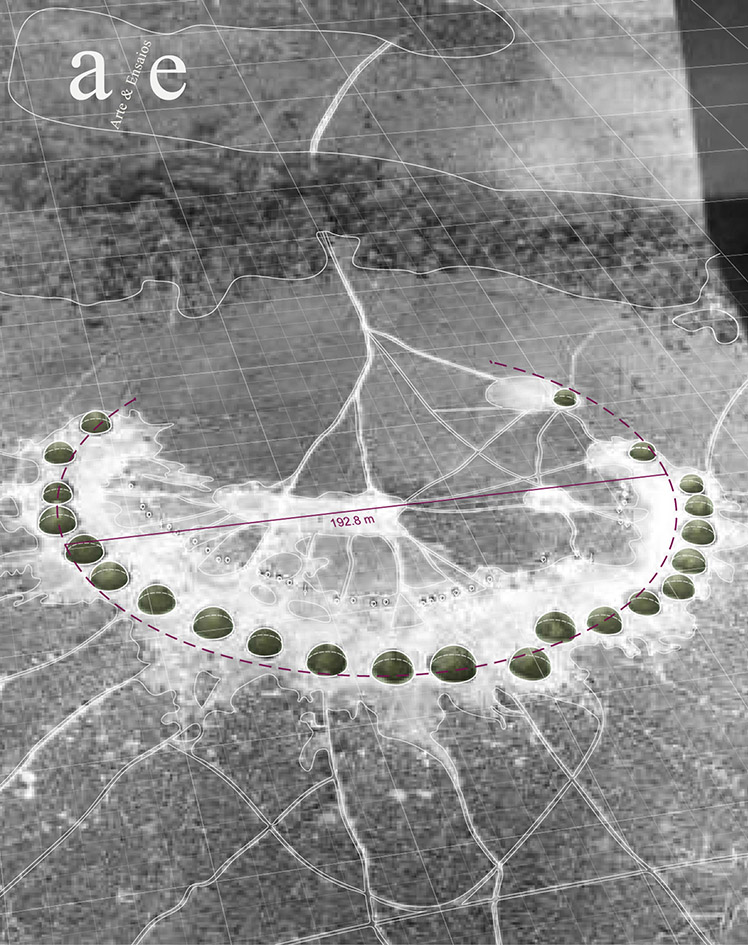Modernidade negra: trilhas para pensar o modernismo brasileiro
DOI:
https://doi.org/10.60001/ae.n45.12Palavras-chave:
Modernidade negra, Raça, Semana de Arte ModernaResumo
Em 2022, 100 anos da realização da Semana de Arte Moderna, muitos eventos, colóquios e textos das mais importantes pesquisadoras e pesquisadores da arte nacional, e alguns internacionais, ora “celebram”, ora “problematizam”, “contextualizam”, “criticam”, “questionam”, “reafirmam” a importância da Semana de 1922 para a cultura brasileira. A contribuição deste texto, de caráter ensaístico, é apontar ideias e fatos − e sobre eles refletir − que possam nos ajudar a compreender de que maneira as questões de raça e das identidades atravessam o movimento modernista e a modernidade. Se, em sua origem, a modernidade foi uma noção ocidental feita para pensar o Ocidente, o sociólogo Antonio Sérgio Guimarães denominará modernidade negra o processo de inclusão cultural e simbólica dos negros a essa sociedade. Para compreender esse fenômeno, acionamos a ideia de diáspora como rede de relações imaginadas ou reais entre povos ou comunidades espalhadas pelo Atlântico Negro, segundo Paul Gilroy, e a categoria de branquitude na tentativa de pensar juntos como a valorização do que é branco e europeu funda não somente um projeto de país, mas a maneira como acionaremos as ideias, as produções e os eventos protagonizados por não brancos.Downloads
Não há dados estatísticos.
Downloads
Publicado
03-09-2023
Edição
Seção
Artigos
Licença
Autores que publicam nesta revista concordam com os seguintes termos:- Autores mantém os direitos autorais e concedem à revista o direito de primeira publicação, com o trabalho simultaneamente licenciado sob a Licença Creative Commons Attribution que permite o compartilhamento do trabalho com reconhecimento da autoria e publicação inicial nesta revista.
- Autores têm autorização para assumir contratos adicionais separadamente, para distribuição não-exclusiva da versão do trabalho publicada nesta revista (ex.: publicar em repositório institucional ou como capítulo de livro), com reconhecimento de autoria e publicação inicial nesta revista.
- Autores têm permissão e são estimulados a publicar e distribuir seu trabalho online (ex.: em repositórios institucionais ou na sua página pessoal) a qualquer ponto antes ou durante o processo editorial, já que isso pode gerar alterações produtivas, bem como aumentar o impacto e a citação do trabalho publicado (Veja O Efeito do Acesso Livre).


